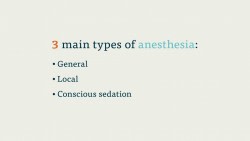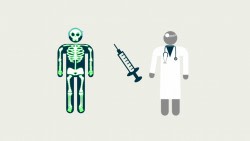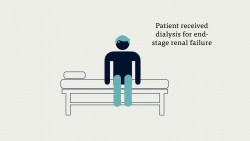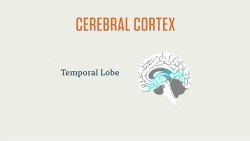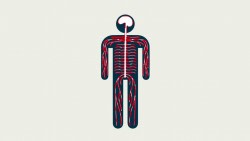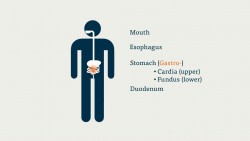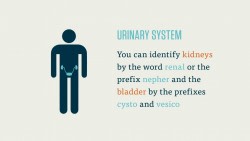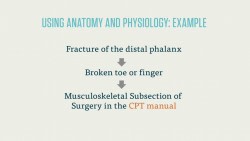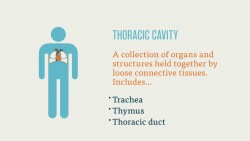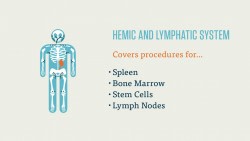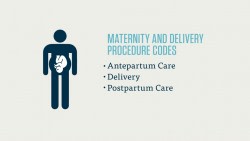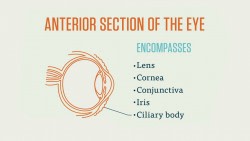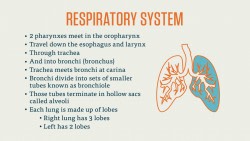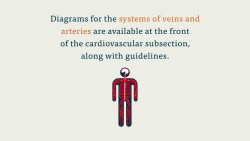As listed on the AAPC’s website, you will be tested on your knowledge of the hemic and lymphatic system. Thankfully, these are two simple systems that don’t have many procedure codes attached to them, so studying for them shouldn’t take too long.
Unfortunately, we do not have an exact figure for how many questions will be devoted to the hemic and lymphatic systems on the CPC exam (The AAPC does not release that information). Due to the brevity of their subsection in the CPT manual, you can assume that there won’t be many.
For the sake of review, let’s look at these systems now.
Codes for the hemic and lymphatic systems are found in the numerical range 38100 – 38999.
The word “hemic,” means blood, but the hemic system, at least in the CPT manual, does not include the entire cardiovascular system. Codes on the major arteries, heart, and other elements of that system are found in the Cardiovascular subsection (numerical range: 33010 – 37799).
Recommended Online Programs
The hemic and lymphatic system, instead, covers procedures of the spleen, bone marrow and stem cells, and the lymph nodes. The spleen is similar in structure to the lymph nodes, and acts as a blood filter (hence ‘hemic’).
Here you’ll find codes for splenectomies, repair on the spleen, and diagnostic laparoscopies on the spleen. Codes for bone marrow include procedures to harvest, preserve, and prepare bone marrow for transplant (as in the case of leukemia sufferers). You can identify stem cells found in bone marrow by the word “hematopoietic,” which denotes stem cells that create blood cells.
The lymphatic system is composed of a series of nodes throughout the body. If you’ve ever had a sore throat, you’ve probably had swollen lymph nodes. Like the spleen, lymph nodes act as blood filters, and they’re also instrumental in the storage of B and T cells, which are the frontline fighters of the immune system.
Despite the lymphatic system’s importance in the immune system, there are relatively few procedures listed under its subsection. You’ll find codes for excision, drainage (incision), laparoscopy, and radical resection (the complete removal of the lymph nodes).
If there are any major questions on the hemic or lymphatic systems, it should be relatively easy to identify. Simply look for “hematopoietic” (for stem cells) and the prefix “lymph-,” and you should be able to navigate the questions easily.



